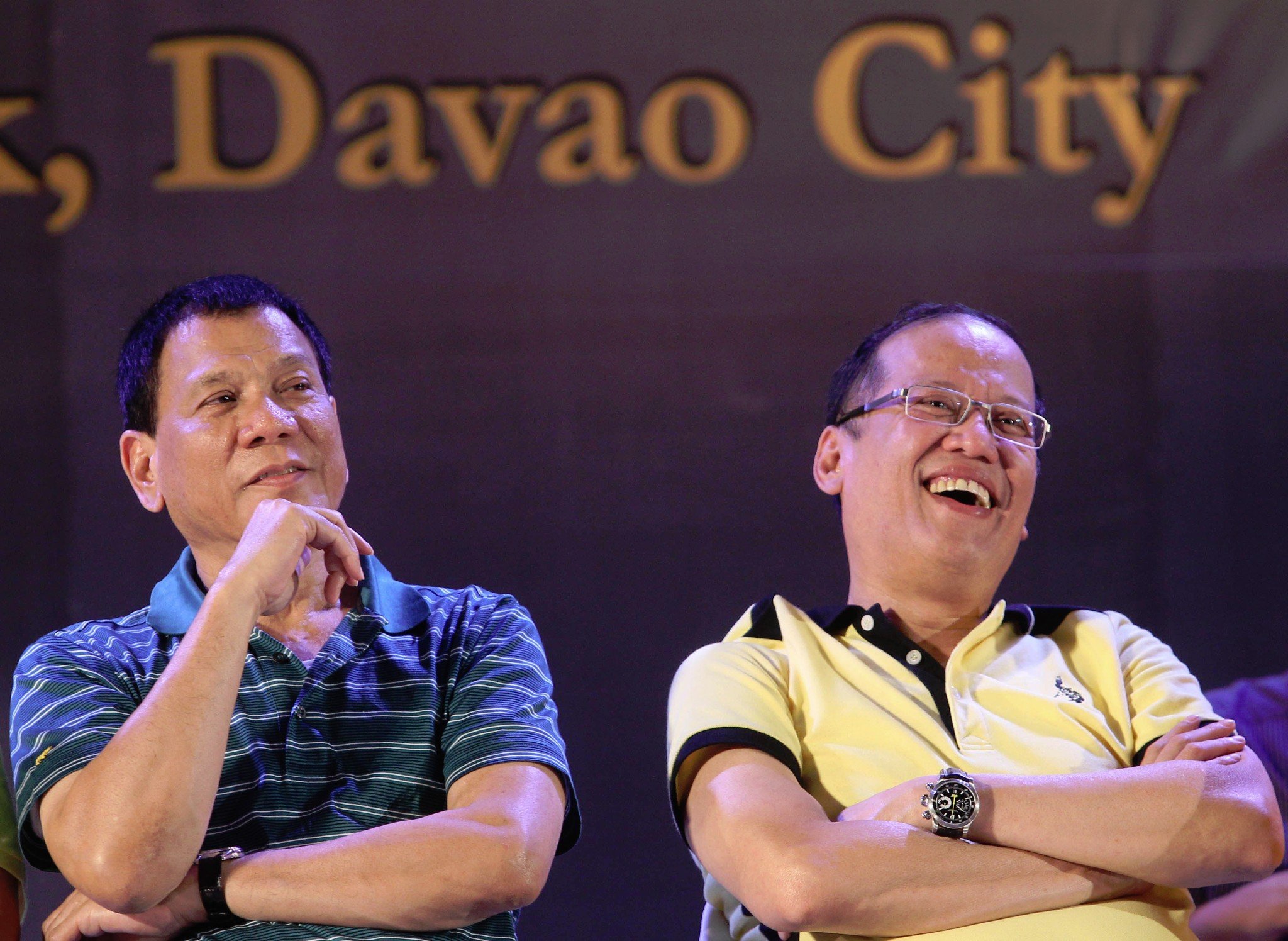Commentary
In the Philippines, a new Hitler
President Rodrigo Duterte’s war on drugs has killed about 3,400 people so far. It’s a crime against humanity that must be stopped.

Since Rodrigo Duterte was elected President of the Philippines on June 30, a campaign of extrajudicial killings in the name of the “war on drugs” has been running rampant. In a few months, about 3,400 people have been killed, including “drug dealers” and “drug addicts,” while more than 700,000 Filipinos surrendered themselves “spontaneously” to the authorities for fear of falling victims of the campaign of incitement to violence.
In April, when speaking to a large crowd in his hometown of Davao, Duterte asked Filipinos to kill those drug dealers who resisted arrest or refused to be brought into the precincts, urging those present to “not hesitate to call the police,” or, if holding a gun, to “go ahead.” Unfortunately, since July, it has moved from words to deeds. The day after the inauguration of his presidency, Duterte told a group of policemen: “Do your duty against dealers and if in doing so, 1,000 people are killed, I will protect you.” On the same day similar messages, but this time directed against addicts, were shouted in front of a cheering crowd.
Thankfully, not all Filipinos think like Duterte. Senator Leila de Lima, who had previously conducted independent investigations into the activities of death squads in Davao, organized parliamentary hearings into the killings. Now, she fears for her safety because Duterte has launched a smear campaign against her accusing her of drug trafficking, one of the most dangerous accusations in the Philippines these days.
In mid-August, by the time the death toll had reached 1,500, the police had investigated only 22 cases of these victims of the “war on drugs.” The Commission for Human Rights of the Philippine parliament has opened its own investigation, but the numbers are so high that the commission is overwhelmed. At the same time, numerous human rights organizations have been hampered in their research activities and the security situation of the independent researchers is critical.
Among the notable progress in the Philippines there is also its participation in the International Criminal Court — which has jurisdiction over war crimes, genocide and crimes against humanity, but not on drug trade killings.
The Philippines signed the statute in 2000 and ratified the Treaty of Rome in 2011. In the event that the crimes within the jurisdiction of the Court are systematic and large-scale, and are not or cannot be taken on by the national system, the prosecutor at The Hague can be recalled.
In this year when the United Nations, in a Special Session of the General Assembly on drugs, has sanctioned the change to the promotion of alternatives to prison for substance abusing people and have begun to ask whether the “war on drugs” creates violations of human rights, these mass killings must stop.
It is also necessary that the International Criminal Court gets involved in the Philippines case formally, in order to help start an independent investigation to identify the factual and political responsibilities of these crimes against humanity, under the highest standards of international justice.
Italy, which did so much for the establishment of the ICC, must support the work of non-governmental organizations that are working on a detailed dossier on Duterte to be sent to The Hague.
Originally published at http://ilmanifesto.info/filippine-un-nuovo-hitler/ on 2016-10-05
